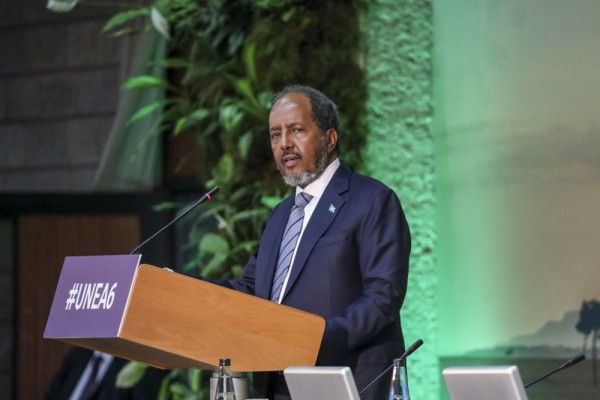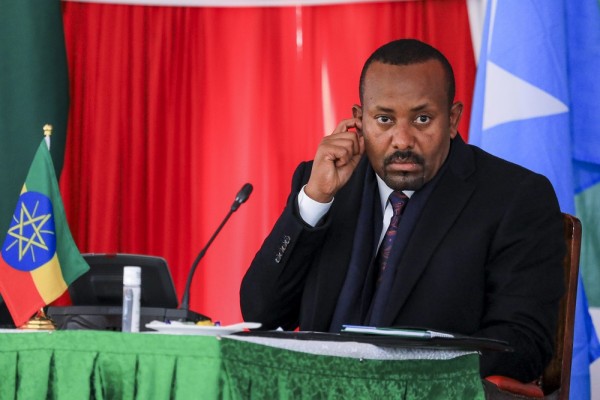The International Press Institute (IPI) today urged African media leaders who are gathering in Ethiopia this week to unite in defending news organisations from government interference, including the use of anti-terrorism laws to suppress independent reporting.
The African Media Leaders Forum (AMLF) is taking place in the Ethiopian capital of Addis Ababa from Nov. 6-8, with hundreds of media owners, publishers and executives expected to attend. It is being held five months before IPI’s World Congress takes place in Cape Town, South Africa.
The AMLF meetings will occur in the shadow of government action against news media continent-wide. In recent weeks, authorities in Sierra Leone and Tanzania invoked sedition and secrecy laws against journalists. Arbitrary arrest and detention are used to control journalists in many countries, including AMLF host Ethiopia, where four journalists are imprisoned under anti-terror laws. Criminal defamation laws remain on the books across much of Africa, and the safety of journalists also remains a leading concern.
While there are many positive media developments in Africa, including the abolition of criminal defamation in Ghana and pledges by leaders in Liberia and Niger to follow suit, press freedom challenges persist in many countries.
“The AMLF offers an important platform for leading African media professionals and their colleagues from around the world to take a determined stand against governments that violate international standards of press freedom,” said Alison Bethel McKenzie, executive director of the International Press Institute, who will chair an AMLF panel on press freedom on Nov. 8.
“Editors and media executives must be prepared to defend their right to provide independent, quality journalism that is free of government control and influence,” Bethel McKenzie said, adding: “And they must do everything in their power to protect their journalists, pay them a living wage and provide training where needed.”
IPI is also concerned about the use of sedition and criminal defamation laws to muzzle independent journalism.
In Tanzania, for example, the Ministry of Information on Sept. 28 temporarily barred publication of the Mwananchi, part of the Nation Media Group in Nairobi, and the Mtanzania, owned by New Habari Ltd. The popular Swahili newspapers were accused of violating secrecy and sedition laws. In 2012, the government also invoked sedition allegations against the MwanaHalisi newspaper, ordering its indefinite suspension.
Tanzania’s Newspaper Act of 1976 gives the government power to close publications it deems to have incited violence against the state, according to the Media Council of Tanzania (MCT), the country’s independent media regulatory body.
In Sierra Leone, two editors from the Independent Observer were jailed on sedition and libel charges on Oct. 18, according to the Media Foundation for West Africa. Their arrest stemmed from an editorial deemed critical of President Ernest Bai Koroma.
“Arbitrary arrests and the use of sedition laws to silence journalists is an abuse of power and a clear violation of the African Charter on Human and Peoples’ Rights’ – specifically articles on the right to liberty and free expression,” Bethel McKenzie said from Addis Ababa. “Media professionals must stand together against government abuse of these rights.”
25 African journalists killed this year
Government-led actions against independent media also come at a time of deadly attacks, with at least 25 journalists killed across Africa this year, according to IPI’s Death Watch. Eight journalists have been killed in Somalia and six in Egypt.
Claude Verlon and Ghislaine Dupont became the latest casualties. The veteran correspondents for French broadcaster RFI were abducted in the northern town of Kidal, Mali, on Nov. 2 and later found dead.
For more information, contact:
Timothy Spence, senior press freedom advisor for the Middle East and Africa, tspence[@]freemedia.at. He can be contacted in Addis Ababa at +251 930226140


